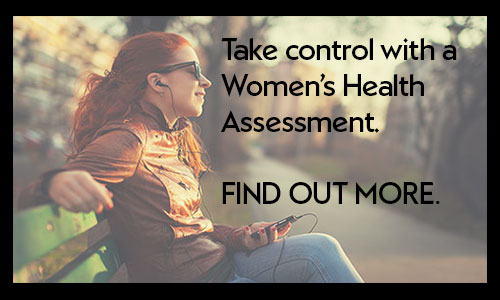4 ways to keep premenstrual syndrome (PMS) under control
- Overview
Every woman knows that things change hormonally during her menstrual cycle, particularly just before the period. Most experience a little bit of breast tenderness, slight pelvic discomfort and a bit of abdominal bloating. But for many women it’s more severe. Some experience severe mood change and become irritable, anxious and perhaps a little cross.
This can affect their world at work and home and get in the way of relationships with friends, partners and family. It can make them worry that they’re not in control of their hormones and emotions. Here’s what you can do to take the edge off.
Have a ladies’ chat
The first thing every woman should do is try to gauge how their symptoms compare to their peers. It might not be your favourite topic of conversation, but it’s helpful to know if you’re all in the same boat or if you or someone else is struggling. If it raises concerns, speak with GP or a women’s health specialist.
Reconsider your contraceptive choices
Taking the contraceptive pill alters the hormonal balance in your body, but because it’s a daily routine kept up for years at a time, women often neglect to consider changing their pill. It’s a delicate balance to get right - some pills will ease PMS symptoms in some women and aggravate them in others, so it’s important to follow advice from your GP or specialist.
If a suitable contraceptive pill cannot be found, it may be time to consider coming off the pill altogether and using alternative contraception.
Eat better
Getting a good balance of nutrients can reduce the symptoms of PMS and high salt content can contribute to bloating, so lay off the junk food (even if your cravings tell you otherwise) and choose green leafy vegetables and protein instead. Balancing blood sugar levels is also important, avoid sugary drinks, alcohol and caffeine in the premenstrual part of your cycle.
Read our guide: 5 nutrition tips for when PMS strikes
Exercise
When suffering from PMS your energy levels might be low, but this is one of the most important times to get active. Exercising during the premenstrual part of your cycle can have a positive effect on both the physical and emotional symptoms and is a great way to lower stress levels.
Last updated Friday 14 December 2018
First published on Friday 6 May 2016


